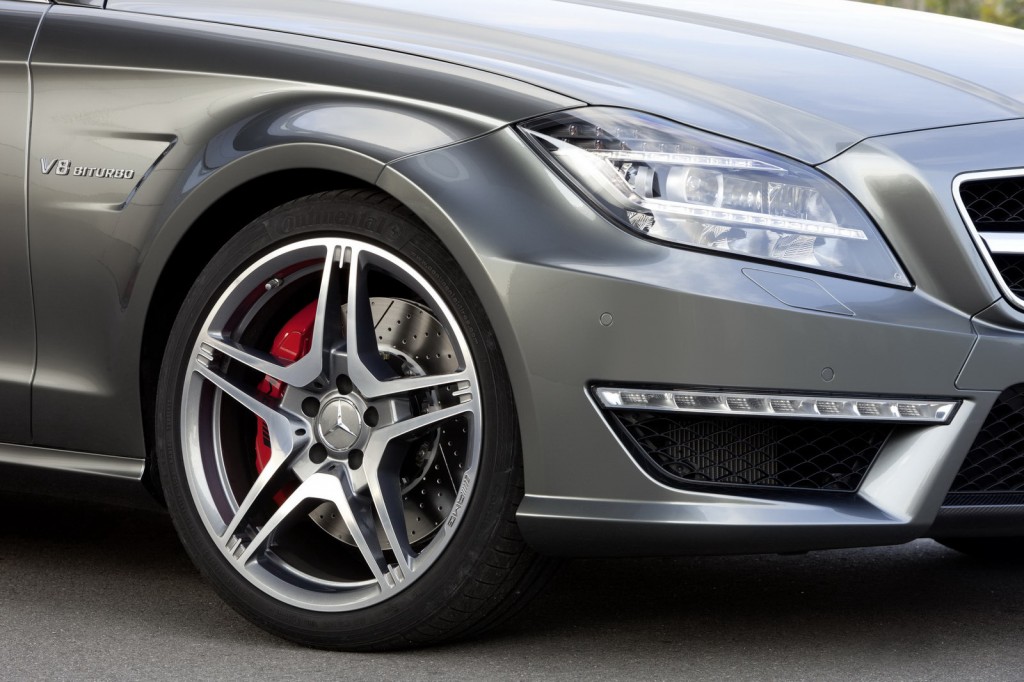
Keep your alloy wheels looking their best
In recent years, many drivers and automakers have chosen to accent their vehicles with attractive alloy wheels. These designer wheels give cars a touch of class to an often neglected part of the vehicle, and the diverse selection of aftermarket wheels allows drivers to give their vehicles a custom look. Without maintenance, however, alloy wheels can lose their attractiveness and even fail to work properly. Fortunately a little care can keep your wheels attractive and functional for years.
Wash Your Wheels Regularly
Over time, harmful chemicals can accumulate on your wheels. Brake dust is a common contaminant that will build up through regular driving. If left alone, this corrosive dust can damage the protective coatings on your wheels and even eat through metal of the wheels themselves. In addition to marring the finish of your wheels, this etching can actually eat holes through your wheels. In extreme cases, your wheels may lose their ability to hold air, causing your tires to slowly go flat. Other chemicals and even saltwater can have similar effects on your wheels. Washing your wheels regularly will keep them clean and undamaged.
Inspect Your Wheels
Alloy wheels, especially wheels with long and thin spokes, are vulnerable to damage. Driving over a pothole or into the curb can crack one or more of the spokes on your wheels. If you continue driving with a damaged spoke, your wheel may come apart with disastrous results. If you experience any type of sudden impact while driving, inspect your wheels at your earliest opportunity. Install your spare tire if one of your wheels was damaged by the impact. Try to find a replacement wheel immediately; if you can't find a matching replacement, you may need to buy a new set of wheels.
Know Your Coatings
Wheel manufacturers protect their wheels with several different types of coatings. Each coating has its own characteristics and maintenance requirements. Cleaners designed for use with one coating may damage other coatings, so it's important to understand the characteristics of each type.
Chrome is a mirror-bright coating that sparkles with an intense brilliance in sunlight. You'll need to clean chrome-plated wheels at least weekly. Left uncleaned, chrome wheels can pit and peel. Soap and water is usually sufficient to clean chrome wheels, but you can also use specialized cleaners to keep your wheels extra clean.
You can buy painted wheels in a wide variety of colors, from classic silver to electric blue or even pink. Although painted wheels can still peel, they're more resistant to environmental damage than chrome wheels and can survive with only occasional washing. Some painted wheels are also clear-coated, and although this coating protects the wheel from chemical corrosion, it is very susceptible to damage from harsh cleaners. If your wheels are clear-coated, make sure that you only use cleaners designed for that type of finish.
Polished wheels aren't coated; instead, they are polished to a bright shine at the factory. When brand new, these type of wheels are nearly as brilliant as chrome wheels, but this shine fades quickly. A coating of wax can help preserve the original shine, but you will need to wax your wheels regularly.
Image courtesy of Cebu Auto Blog